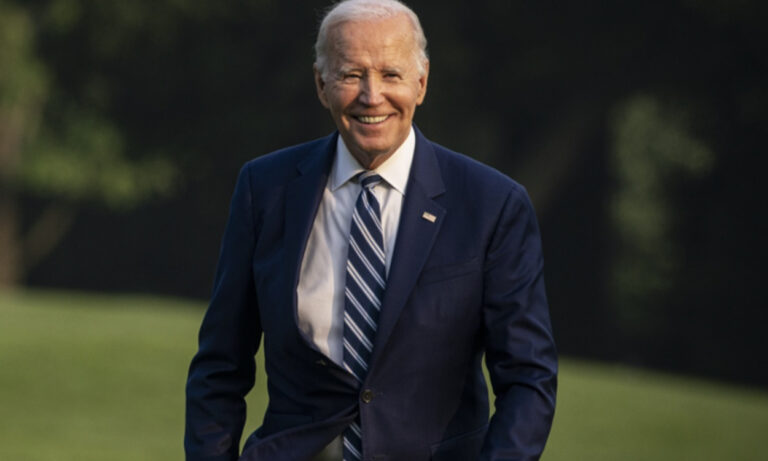The Biden approach to the Israeli-Palestinian conflict: A masterclass in American avoidance

In a recent exit interview with the Wall Street Journal, US Ambassador to Israel Tom Nides shed light on President Joe Biden administration’s approach to the intrinsically complex Israeli-Palestinian conflict.
The interview revealed a relatively unambitious strategy focused on minor economic development initiatives for Palestinians. It was a disappointing proposal that lacked both a comprehensive plan and or a strong stance on protecting Palestinian rights.
Economic peace as the magic solution
Nides and the Biden administration seem to have stumbled upon the secret recipe for peace: economic initiatives. Forget about political rights, self-determination, and addressing the disenfranchisement of the Palestinian people. Who needs all that when you can simply hand out some aid money, extend bridge opening hours, and provide Palestinians with 4G phone service? It’s clear that the real key to resolving the conflict lies in better connectivity and faster internet speeds. A groundbreaking revelation indeed. Who knew that high-speed data would be the catalyst for peace and justice?
While many would argue that human rights should play a significant role in any approach to the Israeli-Palestinian conflict, the US begs to differ. Why bother articulating the importance of human rights when you can casually mention that Israel sees the occupied territory as its own backyard? It’s incredibly disappointing to witness the US tacitly endorse the status quo and give a nod to Israel’s iron grip on Palestinian lands.
In its infinite wisdom, Biden’s team has chosen to recycle old ideas, presenting them as fresh and innovative solutions. Because why bother with a comprehensive peace plan when you can just repackage the same tired initiatives and hope for the best? Who cares about addressing the fundamental issues of disenfranchisement and political rights when you can focus on minor accomplishments that barely scratch the surface? The administration seems to believe that if you repeat something enough times, it will eventually become effective, like a magical incantation for peace.
Previous US administrations invested significant diplomatic efforts in resolving the conflict, which has been going on since 1967… Meanwhile, the Biden administration has primarily focused on competing with China and shifted everyone’s attention to Europe after Russia’s invasion of Ukraine. Consequently, US leadership in the Middle East has diminished.
Economic peace and political opportunity
Promoting economic initiatives alone is insufficient to address the political anguish experienced by Palestinians. Analysts argue that Biden’s team’s emphasis on economic peace comes at an incongruous time when Israeli policies are increasingly regarded as constituting apartheid.
As global movements call out Israel as an apartheid state, economic initiatives hold little sway compared to addressing political disenfranchisement. Focusing solely on economic development neglects the aspirations of a new generation of Palestinians who seek political rights and opportunities.
While the Middle East is working towards resolving its own issues, or at least trying to do so in some cases, the US appears trapped in an outdated approach. China brokered a significant diplomatic deal between Saudi Arabia and Iran, showcasing regional progress. However, it seems that the US’ continued focus on Israel-Palestine within its old bubble may hinder the country’s ability to adapt and play a constructive role in the evolving dynamics.
Ambassador Nides’ exit interview sheds light on the Biden administration’s limited approach to the Israeli-Palestinian conflict. By neglecting to address the fundamental issues of disenfranchisement and political rights, the administration has proved that it confidently thinks the key to resolving such a complex conflict lies in superficial initiatives and a touch of diplomatic flair.
Nice one, Biden. We eagerly await the moment when these half-baked ideas magically transform into real progress and lasting peace. Until then, let us all marvel at the hypocritical power of unambitious recycling.





